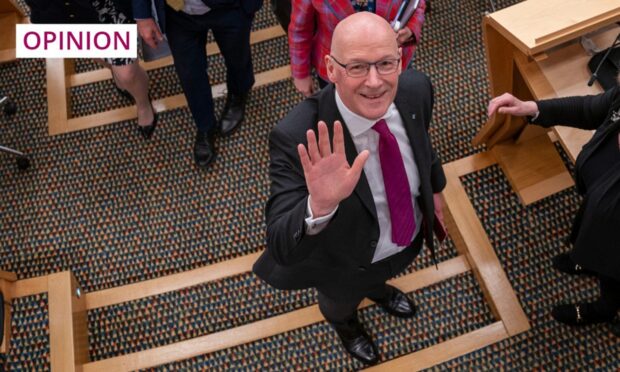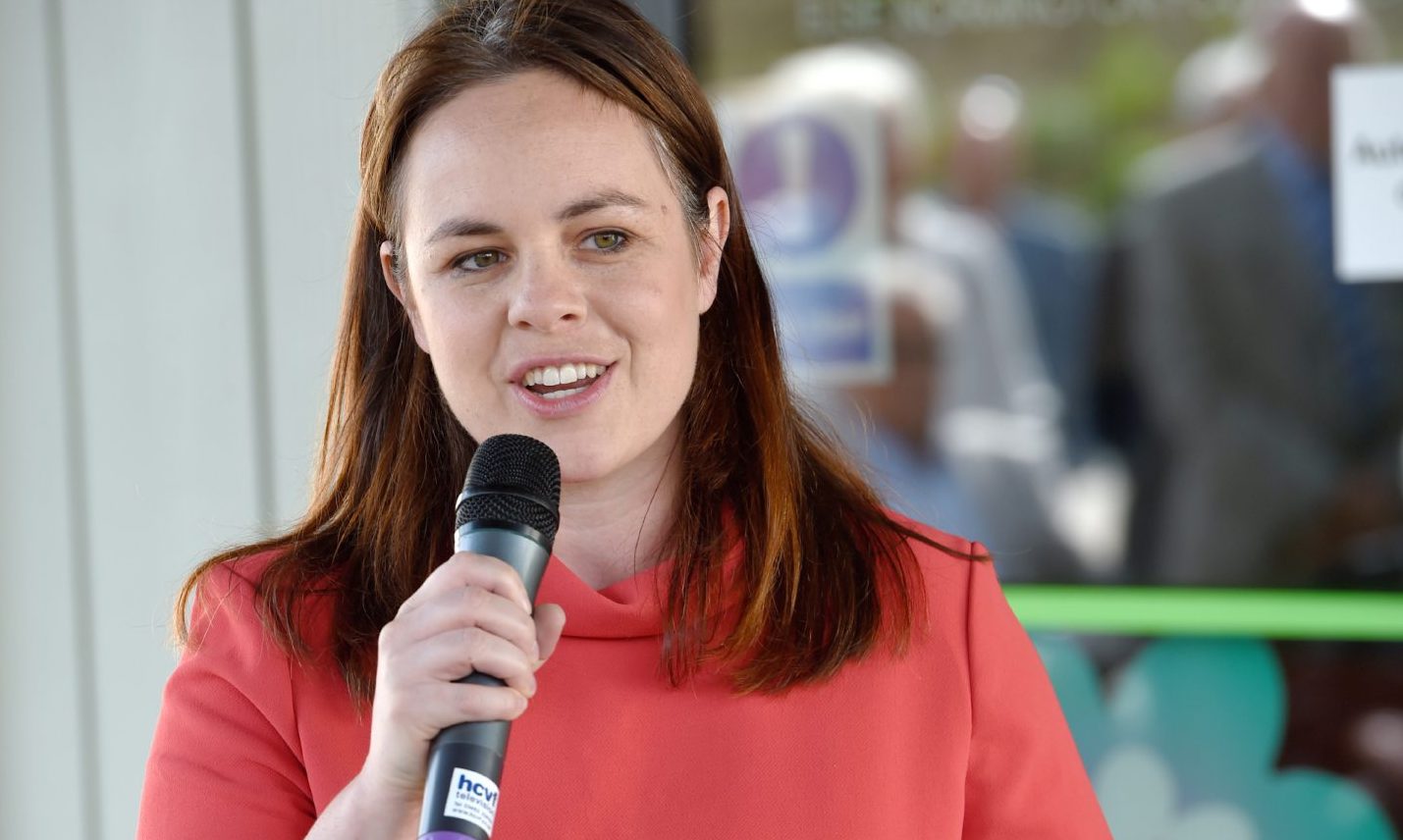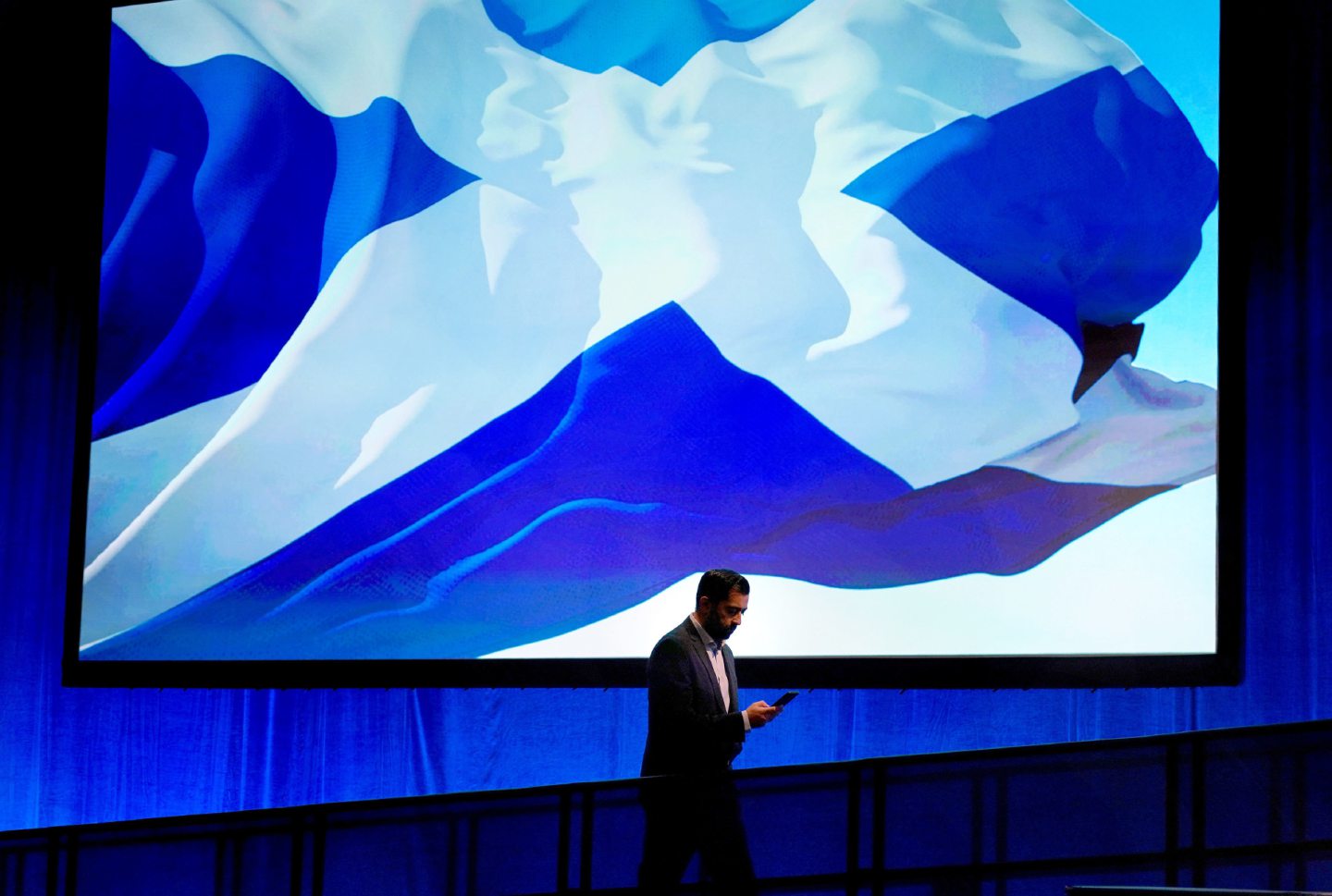So, that’s it then. John Swinney has been duly crowned as unopposed leader of the SNP and, by extension, as first minister of Scotland.
If various media pundits and leading SNP figures are to be believed, all the party’s recent woes are now behind it, and it can move forward with the job of rebuilding broken relationships with the Scottish people and other political parties.
The independence dream, which has died a lingering death for years, has been brought back to life, and is now firmly back on the agenda – once Mr Swinney has proved to voters that he has truly fulfilled his promise to put more pressing domestic issues such as the economy, health, transport and education at the top of his agenda.
It’s as if embezzlement allegations, the ferries fiasco and Humza Yousaf’s shambolic handling of the end of the Bute House Agreement never happened. Suddenly, everything is coming up roses. Except that it isn’t. And, worse still, everyone knows it isn’t.
Such is the continuing malign influence wielded by the Scottish Greens, Mr Swinney will find it difficult, if not impossible, to drive SNP policy through the Scottish parliament, unless it coincides with Green policy, which appears to be made solely of green cheese.
The very issues which made Mr Yousaf’s position untenable have not gone away; they have simply been deposited in a short-stay car park until such time as Patrick Harvie and Lorna Slater decide to re-enact them. Gender recognition reform, the deposit return scheme, highly protected marine areas, and all the other madcap policies the SNP was forced to embrace as part of the cost of remaining in power will all resurface in some form or other.
Former First Minister Alex Salmond, now leader of the pro-independence, anti-SNP Alba Party, has already fired a shot across Mr Swinney’s bows, warning him not to backtrack on plans to dual the A9 between Inverness and Perth and the A96 between Aberdeen and Inverness.
Mr Salmond, for all his recent travails, remains one of the UK’s most able politicians, and he knows full well that his intervention creates an immediate dilemma for John Swinney: ditch the plans and risk the wrath of the voters, or fulfil the pledge and risk the wrath of the Greens. While alienating voters would appear to be the more dangerous in the long term, upsetting the Greens could have immediate, politically-fatal consequences.
Threats from outside and inside the SNP
Scotland’s political landscape is so volatile and fragile that every attempt to move forward and actually govern the country comes with necessary compromises. For Nicola Sturgeon and the continuity candidate Humza Yousaf, the compromise was the Bute House Agreement, which elevated two unqualified, unelected Green MSPs to powerful government posts.
While Mr Swinney would appear to have had that particular albatross removed from around his neck, the reality is that he will still have the Greens calling the shots, although now from outside the tent.
The party, so solid and united under Nicola Sturgeon’s autocratic and outwardly effective management, has now dissolved into factions
Equally worrying from his point of view is that the additional price he had to pay to secure his leadership was an unwritten alliance with Kate Forbes (who may well have beaten him had she chosen to stand for election), with the promise of a high-profile role in his new cabinet.
Deputy first minister as of Wednesday afternoon, Ms Forbes has proved herself to be a formidable operator, and was certainly the people’s choice for leader. Her quiet, non-confrontational style, allied to her values and her eschewal of the absurdities conjured up by the SNP-Green alliance, has made her popular with the ordinary people whom politicians increasingly disregard in their thoughts and actions.
Additional threats to this new administration could even come from within the SNP’s ranks. The party, so solid and united under Ms Sturgeon’s autocratic and outwardly effective management, has now dissolved into factions. Latent dissidents, previously cowed into silence, have been emboldened to question the party’s direction of travel, and the effect the allegations of financial impropriety have had on morale cannot be overstated.
An abdication could swiftly follow this coronation
On the plus side for Mr Swinney is the general acceptance that the departure of another first minister or a successful vote of no confidence in the government would lead, inevitably, to a premature Scottish general election. With the SNP’s current turmoil and the Greens seen as complicit in the shambolic governing of the country in recent years, it may well be that an early election is the last thing either party would want, particularly as their decline in support has coincided with the Labour Party soaring in popularity.
We could then be faced with the unprecedented situation in which both the government and the Greens vote in favour of policies neither of them really support simply to maintain the status quo.
Taking everything into consideration, it is perfectly possible that John Swinney’s coronation could very quickly be followed by a forced abdication, maybe before the proverbial lettuce goes rotten. If he manages to steer the SNP through the difficulties ahead, he will have more than justified the behind-the-scenes wheeling and dealing which elevated him to power.
From a helicopter view of proceedings, however, it does look a Herculean task which may well prove to be beyond not just Mr Swinney, but any man or woman.
It’s not often I miss my previous calling as a newspaper journalist, but I would love to be on the inside track of everything that’s happening in Holyrood right now.
Derek Tucker is a former editor of The Press and Journal




Conversation